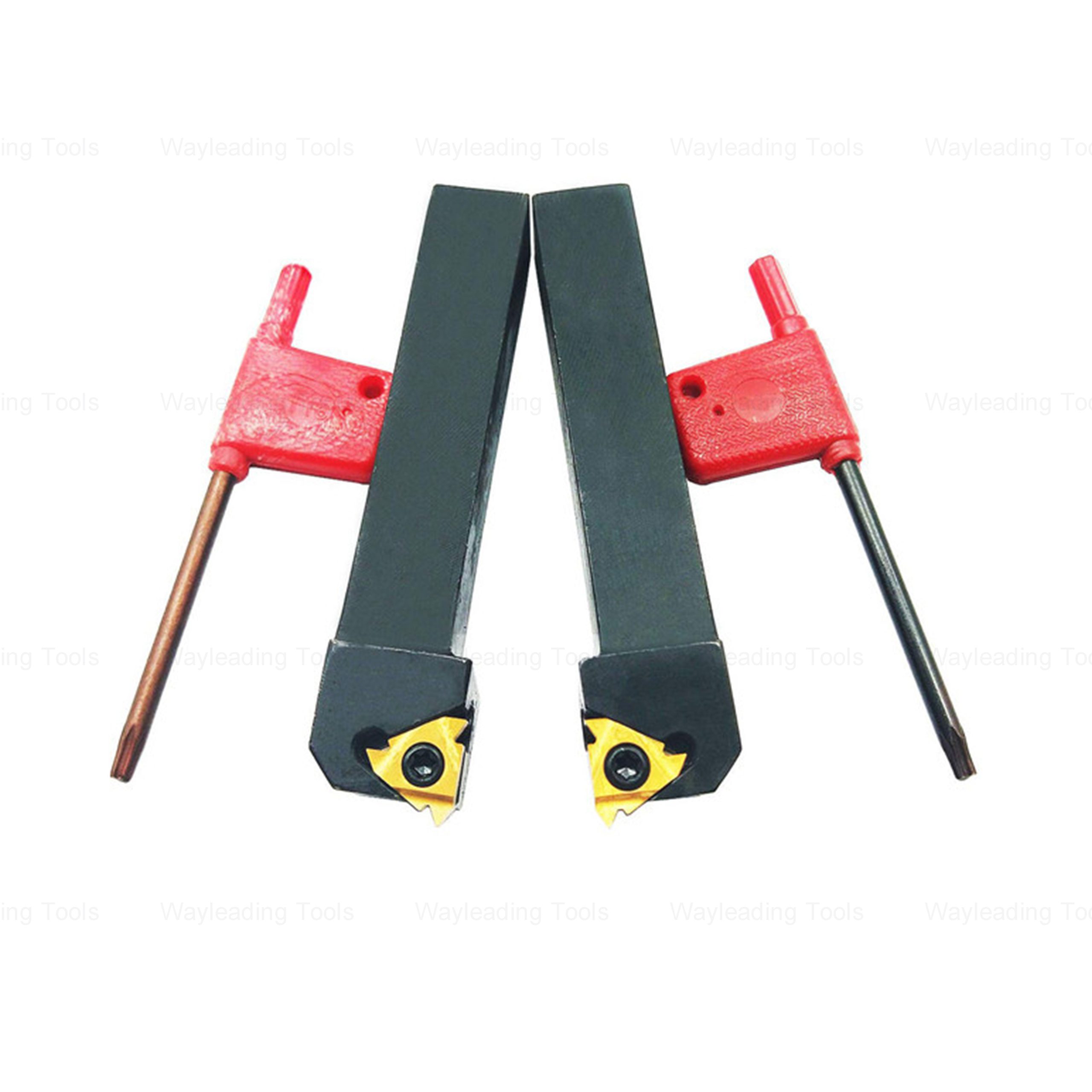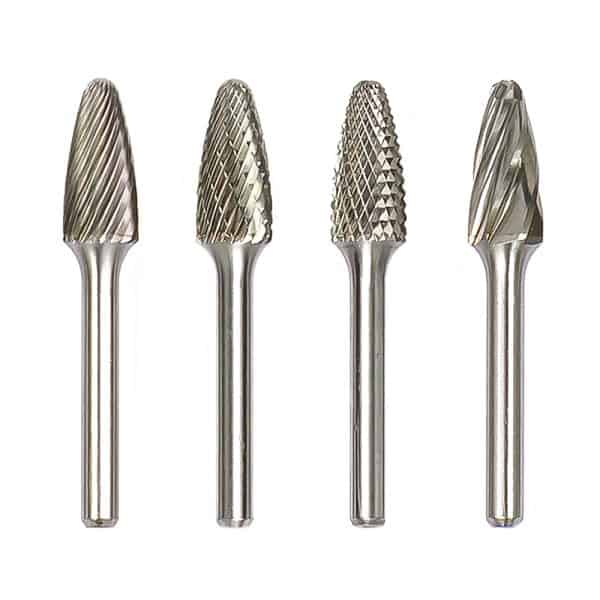Wholesale ccmt insert
Wholesale CCMT inserts are essential cutting tools used in a variety of metalworking applications. They are known for their versatility and efficiency in turning and boring operations. This guide explores the different types, grades, and applications of wholesale CCMT inserts, helping you choose the best option for your specific needs. We'll also discuss factors to consider when buying in bulk and highlight some reliable suppliers.
What are CCMT Inserts?
CCMT inserts are indexable cutting tools typically used in turning operations on lathes. The 'CCMT' designation refers to the specific shape and dimensions of the insert, as defined by industry standards like ISO 1832. The C shape indicates a 80-degree diamond shape, which allows for both roughing and finishing cuts. These inserts are commonly made from cemented carbide, offering excellent wear resistance and high-temperature performance.
The Anatomy of a CCMT Insert
Understanding the various features of a CCMT insert is crucial for selecting the right tool for the job:
- Shape: As mentioned, 'C' denotes the 80-degree diamond shape.
- Clearance Angle: This angle affects the insert's cutting action and strength.
- Tolerance: This refers to the precision of the insert's dimensions.
- Chipbreaker Geometry: Chipbreakers control the formation and flow of chips, preventing them from interfering with the cutting process.
- Grade: The grade of carbide determines the insert's hardness, wear resistance, and toughness.
- Coating: Coatings improve the insert's performance by reducing friction, increasing wear resistance, and preventing built-up edge.
Types of Wholesale CCMT Inserts
CCMT inserts are available in a variety of grades, coatings, and geometries to suit different materials and applications. Here's an overview of some common types:
Carbide Grades
The carbide grade is a critical factor in determining an insert's performance. Common grades include:
- P Grades: For machining steel and cast steel.
- M Grades: For machining stainless steel.
- K Grades: For machining cast iron.
- N Grades: For machining non-ferrous metals like aluminum.
- S Grades: For machining heat-resistant alloys and titanium.
- H Grades: For machining hardened materials.
Coatings
Coatings enhance the performance and lifespan of CCMT inserts. Popular coatings include:
- Titanium Nitride (TiN): A general-purpose coating that increases wear resistance.
- Titanium Carbonitride (TiCN): Offers improved wear resistance compared to TiN.
- Aluminum Oxide (Al2O3): Provides excellent resistance to high-temperature wear.
- Diamond Coating (CVD/PVD): For machining highly abrasive materials like composites.
- Multi-layer Coatings: Combine different coatings to optimize performance for specific applications.
Chipbreaker Geometries
Chipbreaker geometries are designed to control chip formation and improve cutting efficiency. Common types include:
- General-Purpose Chipbreakers: Suitable for a wide range of materials and cutting conditions.
- Finishing Chipbreakers: Designed for producing smooth surface finishes.
- Roughing Chipbreakers: For aggressive material removal at high feed rates.
- Specific Material Chipbreakers: Optimized for specific materials like aluminum or stainless steel.
Applications of Wholesale CCMT Inserts
CCMT inserts are widely used in various turning and boring operations, including:
- External Turning: Machining the outside diameter of a workpiece.
- Internal Turning (Boring): Machining the inside diameter of a hole.
- Facing: Machining the end face of a workpiece.
- Profiling: Creating complex shapes and contours.
- Threading: Cutting threads on a workpiece.
- Grooving: Cutting grooves on a workpiece.
Choosing the Right Wholesale CCMT Insert
Selecting the appropriate CCMT insert involves considering several factors, including:
- Material to be Machined: The material's hardness, abrasiveness, and machinability.
- Type of Operation: Roughing, finishing, threading, etc.
- Cutting Conditions: Speed, feed, and depth of cut.
- Machine Tool: The rigidity and power of the machine.
- Desired Surface Finish: The required smoothness and accuracy.
Consulting with a tooling expert or referring to manufacturer's catalogs can help you make the right choice. Many companies like Wayleading Tools offer expert guidance and a wide selection of tooling options.
Benefits of Buying Wholesale CCMT Inserts
Purchasing CCMT inserts in bulk can offer several advantages:
- Cost Savings: Wholesale prices are typically lower than individual prices.
- Reduced Downtime: Having a ready supply of inserts minimizes downtime due to tool changes.
- Inventory Management: Simplifies inventory control and ensures you always have the tools you need.
- Consistency: Ensures consistent performance by using the same batch of inserts.
Factors to Consider When Buying Wholesale
When buying wholesale CCMT inserts, consider these factors:
- Supplier Reputation: Choose a reputable supplier with a proven track record.
- Product Quality: Ensure the inserts meet industry standards and are made from high-quality materials.
- Pricing: Compare prices from different suppliers to find the best deal.
- Shipping and Delivery: Check shipping costs and delivery times.
- Customer Support: Look for a supplier that offers excellent customer support.
Where to Buy Wholesale CCMT Inserts
You can purchase wholesale CCMT inserts from various sources, including:
- Tooling Distributors: Specialized distributors that offer a wide range of cutting tools.
- Manufacturers: Some manufacturers sell directly to end-users at wholesale prices.
- Online Marketplaces: Online marketplaces like Alibaba or eBay may offer wholesale options, but be sure to verify the supplier's reputation.
Troubleshooting Common Issues with CCMT Inserts
Even with proper selection and usage, problems can sometimes arise with CCMT inserts. Here are some common issues and their solutions:
| Problem | Possible Causes | Solutions |
|---|---|---|
| Premature Wear | Incorrect grade, excessive cutting speed, insufficient coolant. | Select a harder grade, reduce cutting speed, increase coolant flow. |
| Chipping | Interrupted cuts, excessive feed rate, work hardening. | Reduce feed rate, change cutting path, use a tougher grade. |
| Built-up Edge | Low cutting speed, gummy material, insufficient coolant. | Increase cutting speed, use a coated insert, increase coolant flow. |
| Poor Surface Finish | Worn insert, excessive vibration, incorrect cutting parameters. | Replace the insert, reduce vibration, optimize cutting parameters. |
Conclusion
Wholesale CCMT inserts are a valuable asset for any metalworking operation. By understanding the different types, grades, and applications of these inserts, you can optimize your machining processes and achieve superior results. When buying in bulk, carefully consider the supplier's reputation, product quality, and pricing to ensure you get the best value for your money.
Remember to always prioritize safety when working with cutting tools and follow manufacturer's recommendations for optimal performance.
Related products
Related products
Best selling products
Best selling products-
 Precision IP54 Digital Outside Micrometer Of Inch & Metric With Data Output
Precision IP54 Digital Outside Micrometer Of Inch & Metric With Data Output -
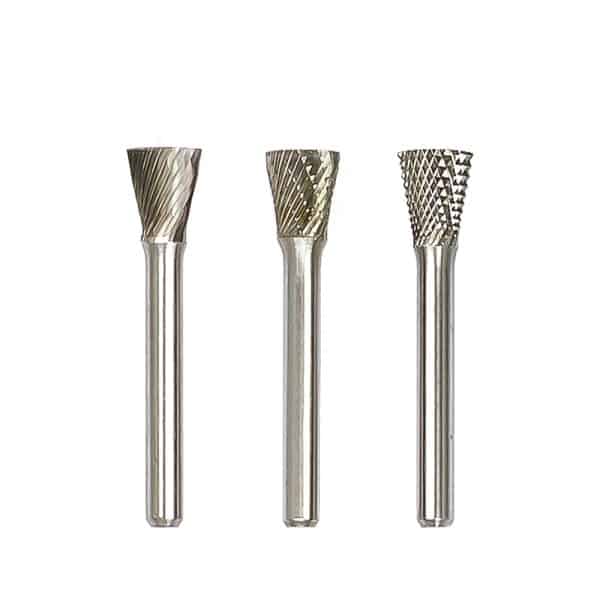 Type N Inverted Cone Tungsten Carbide Rotary Burr
Type N Inverted Cone Tungsten Carbide Rotary Burr -
 5C Square Collet With Inch and Metric Size
5C Square Collet With Inch and Metric Size -
 Precision V Block And Clamps Set With High Quality Type
Precision V Block And Clamps Set With High Quality Type -
 Vernier Height Gauge With Magnifier With Adjustable Main Bean
Vernier Height Gauge With Magnifier With Adjustable Main Bean -
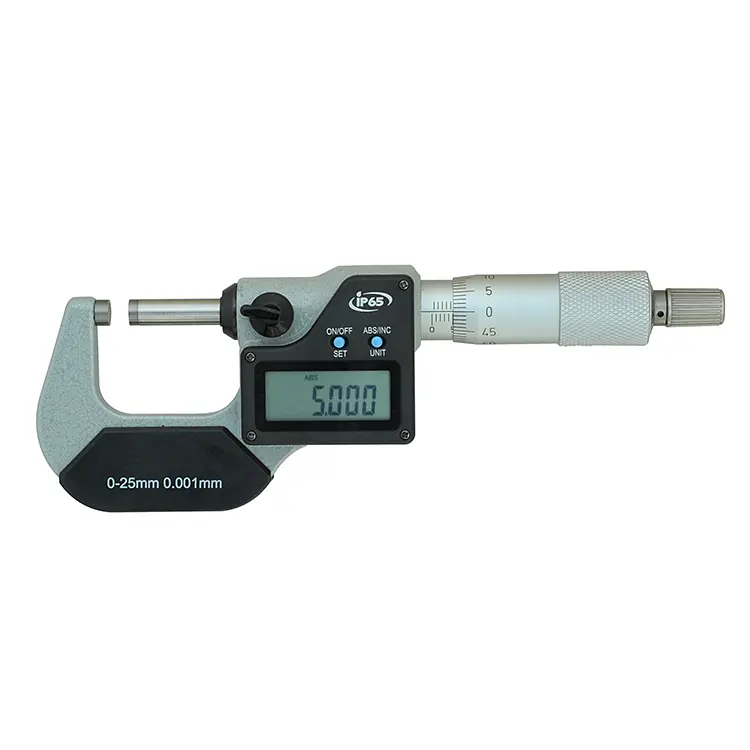 Precision IP65 Digital Outside Micrometer Of Inch & Metric With Data Output
Precision IP65 Digital Outside Micrometer Of Inch & Metric With Data Output -
 Digital Indicator – Precision Type, Inch/Metric, Industrial Grade
Digital Indicator – Precision Type, Inch/Metric, Industrial Grade -
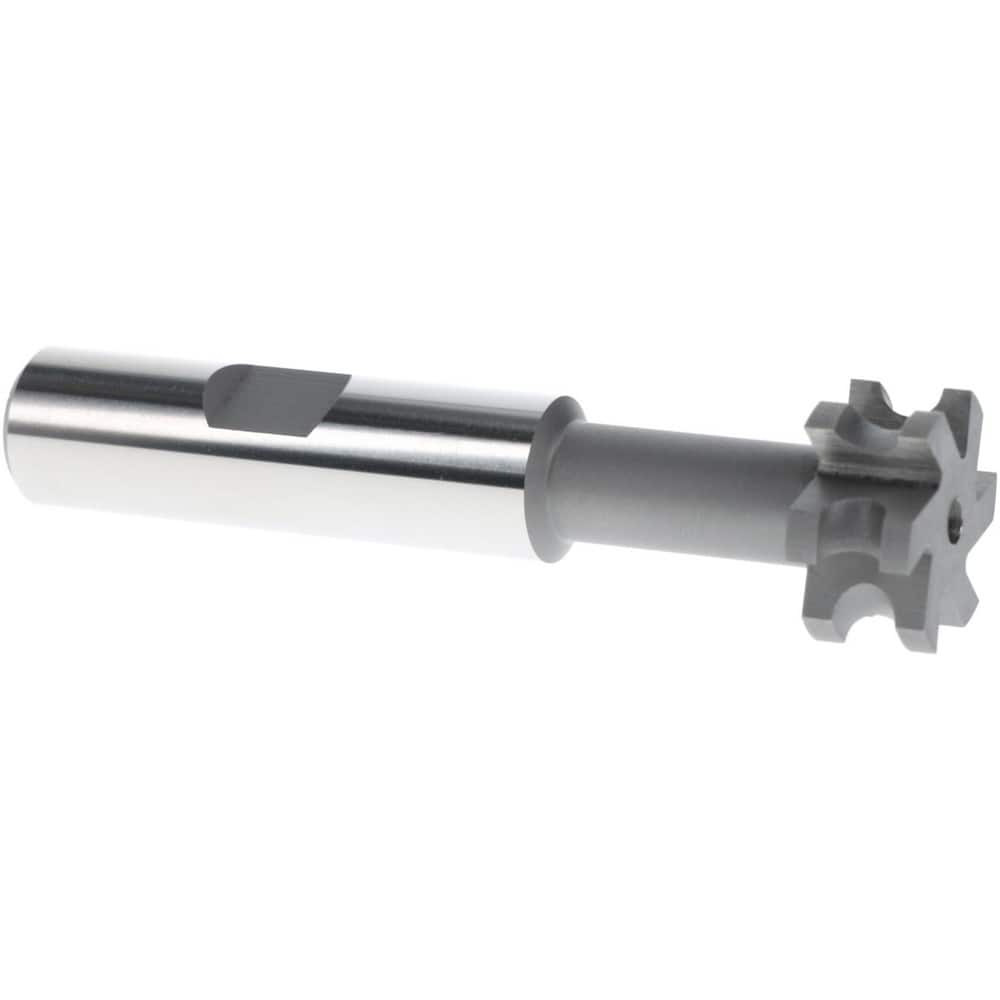 HSS Inch Concave Milling Cutter For Industrial
HSS Inch Concave Milling Cutter For Industrial -
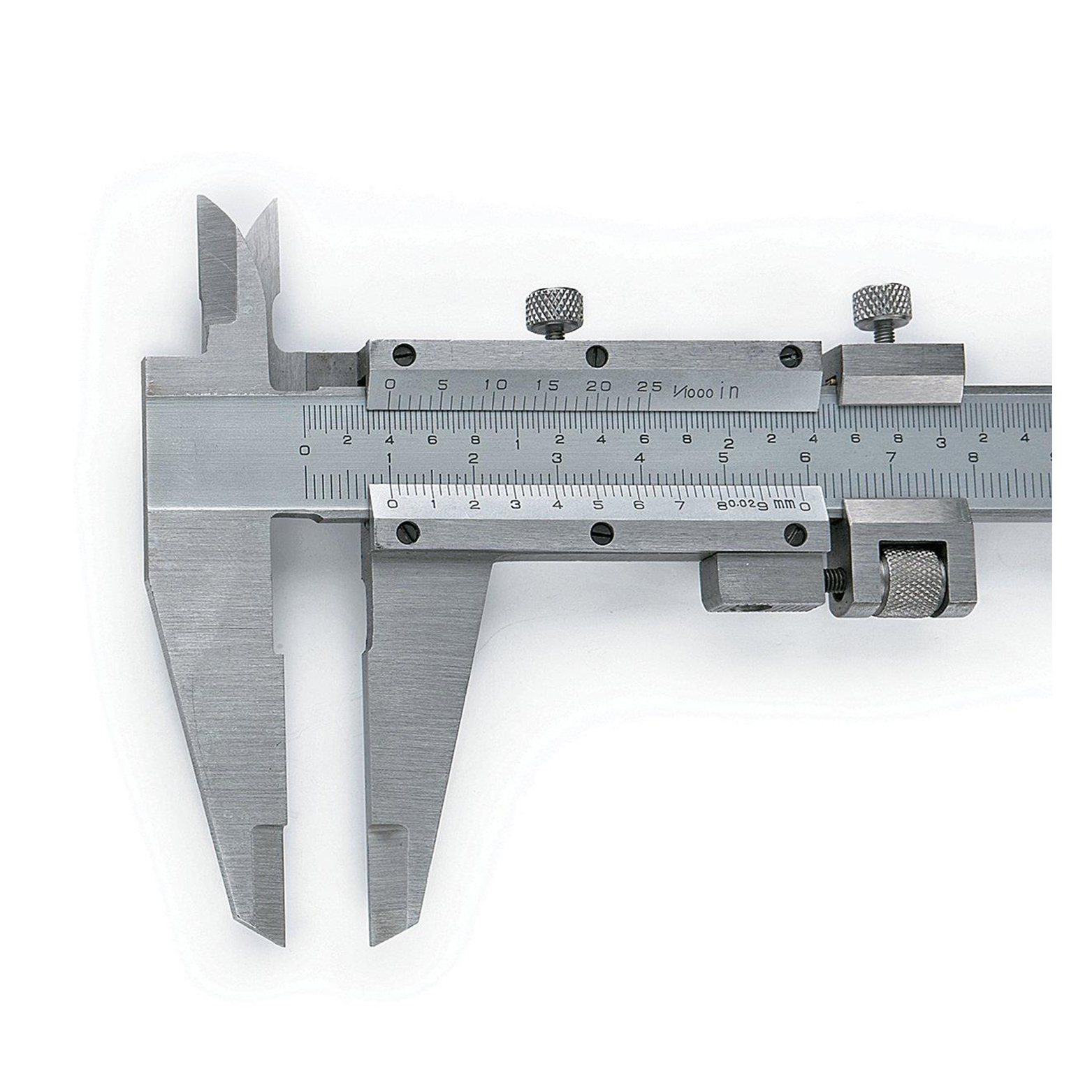 Precision Fine-Adjustment Vernier Caliper Of Metric & Imperial For Industrial
Precision Fine-Adjustment Vernier Caliper Of Metric & Imperial For Industrial -
 5C Round Collet With Inch and Metric Size
5C Round Collet With Inch and Metric Size -
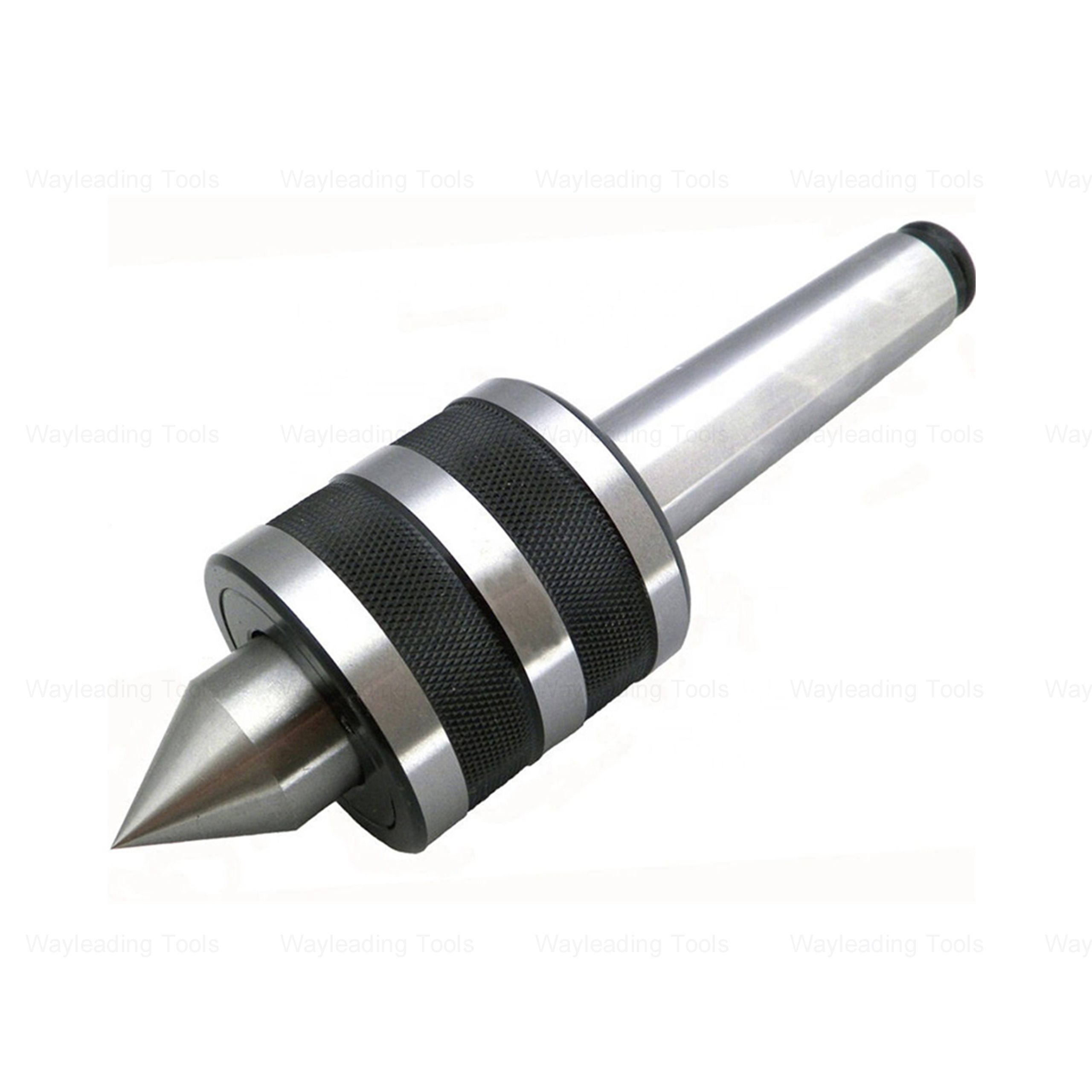 High Precision Medium-Duty Live Center – Hardened Tip, Morse Taper Shank
High Precision Medium-Duty Live Center – Hardened Tip, Morse Taper Shank -
 Straight Shank ER Collet Chuck Holders With Extending Rod
Straight Shank ER Collet Chuck Holders With Extending Rod
Related search
Related search- STFC boring bar Supplier
- lathe machine tools
- Wholesale adjustable hand reamer
- left hand drill bits Factory
- face grooving toolholders Factory
- 8pcs solid HSS tool turning set
- thread cutting tool Suppliers
- Tapping Chuck Factories
- american dryseal taper pipe full profile threading insert
- indexable side milling cutters Factory



